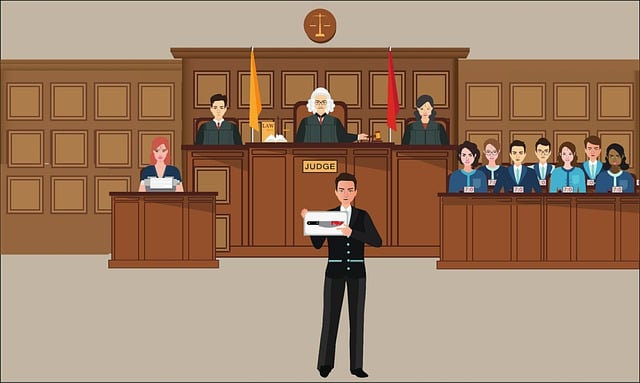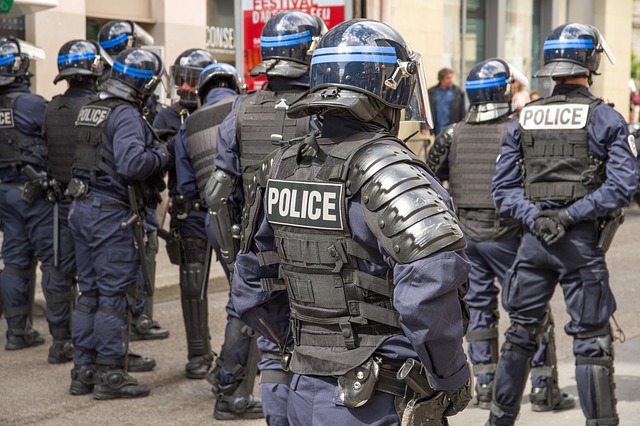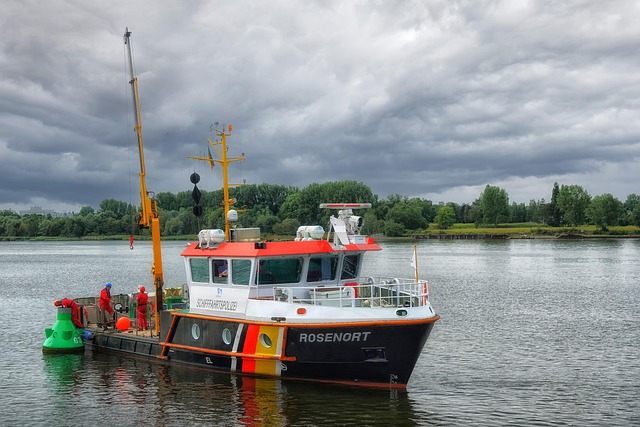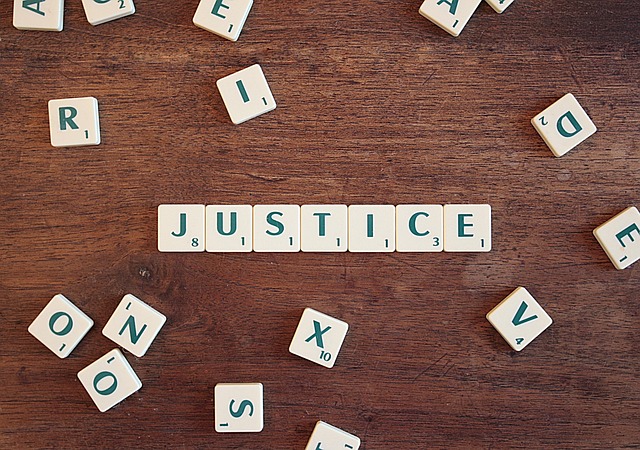Environmental Crime Trials specialize in holding individuals and corporations accountable for pollution, habitat destruction, and illegal dumping. This process involves meticulous investigation, evidence collection, expert testimony, and jury trials, aiming for environmental justice. Real estate disputes with environmental angles require navigating complex regulations, from initial investigation to courtroom, where strategies focus on fair trials and mitigating consequences. Successfully resolving these disputes through jury trials ensures accountability, deters future crimes, and promotes environmental protection, addressing severe issues like deforestation and water contamination. Learn the effective approach to resolving real estate disputes.
Environmental Crime Trials: Holding Offenders Accountable for Nature’s Damage. This article explores the legal framework behind these unique trials, delving into the process from initial investigation to courtroom. We analyze real estate disputes with significant environmental implications, providing case studies and resolutions. Understanding how to resolve such conflicts is crucial for promoting justice while mitigating ecological harm, especially in high-stakes real estate transactions. By examining these cases, we uncover strategies for holding perpetrators accountable and safeguarding our planet.
- Understanding Environmental Crime Trials: A Legal Framework for Accountability
- The Process: From Investigation to Courtroom, Ensuring Justice for Nature
- Real Estate Disputes and Their Environmental Impact: Case Studies and Resolutions
Understanding Environmental Crime Trials: A Legal Framework for Accountability

Environmental Crime Trials are a specialized legal domain focused on holding individuals and corporations accountable for environmental misconduct. These cases navigate a complex web of federal and state regulations, making them unique in their approach to justice. Understanding this framework is crucial when considering how to resolve real estate disputes with an environmental angle.
In these trials, the emphasis lies on prosecuting crimes such as pollution, habitat destruction, and illegal dumping, often involving white-collar defense strategies. The process involves meticulous investigation, evidence collection, and expert testimony to demonstrate intent and resulting damage. Jury trials play a pivotal role in reaching verdicts, ensuring transparency and accountability while achieving extraordinary results in environmental justice.
The Process: From Investigation to Courtroom, Ensuring Justice for Nature
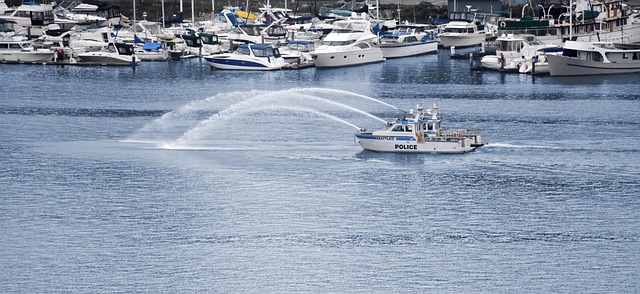
The process of bringing environmental criminals to justice involves a meticulous journey from investigation to courtroom. It begins when environmental agencies or concerned citizens uncover potential violations, such as pollution, deforestation, or illegal wildlife trade. These initial findings are then investigated by specialized teams who collect evidence, including scientific samples, documentation, and witness statements. This comprehensive approach is crucial in resolving real estate disputes related to environmental concerns, ensuring that all angles are explored and potential culprits are accountable.
As the investigation unfolds, legal experts analyze the evidence and determine the appropriate charges. This stage is critical as it involves navigating complex environmental laws and regulations. The case is then presented to prosecutors who decide whether to pursue charges, considering factors like public interest and the strength of evidence. If warranted, the matter advances to jury trials, where corporate and individual clients face consequences for their actions. Avoiding indictment is a key strategy for defendants, as it emphasizes the importance of a fair trial and ensures that justice for nature is not compromised.
Real Estate Disputes and Their Environmental Impact: Case Studies and Resolutions

Real Estate disputes often have profound environmental implications, from deforestation to water contamination. Case studies reveal how these conflicts can arise due to unregulated development, illegal logging, or hazardous waste disposal. In such scenarios, individuals and communities may face health risks and ecological damage.
Addressing these issues through jury trials plays a pivotal role in finding resolutions. A robust general criminal defense strategy can help navigate complex environmental regulations. Through thorough investigation, expert testimony, and compelling arguments, these cases aim for a complete dismissal of all charges or mitigated sentences. The outcome not only offers justice but also serves as a deterrent for future environmental crimes, demonstrating the importance of holding perpetrators accountable.
Environmental crime trials play a pivotal role in holding perpetrators accountable and ensuring justice for nature. By understanding the legal framework and navigating the process effectively, we can address real estate disputes that have significant environmental impacts. Through case studies and resolutions, it’s clear that proactive measures and innovative solutions are essential to resolving these complex issues. By adopting best practices and leveraging legal tools, we can foster a more sustainable future, making environmental protection a priority in every real estate transaction.

